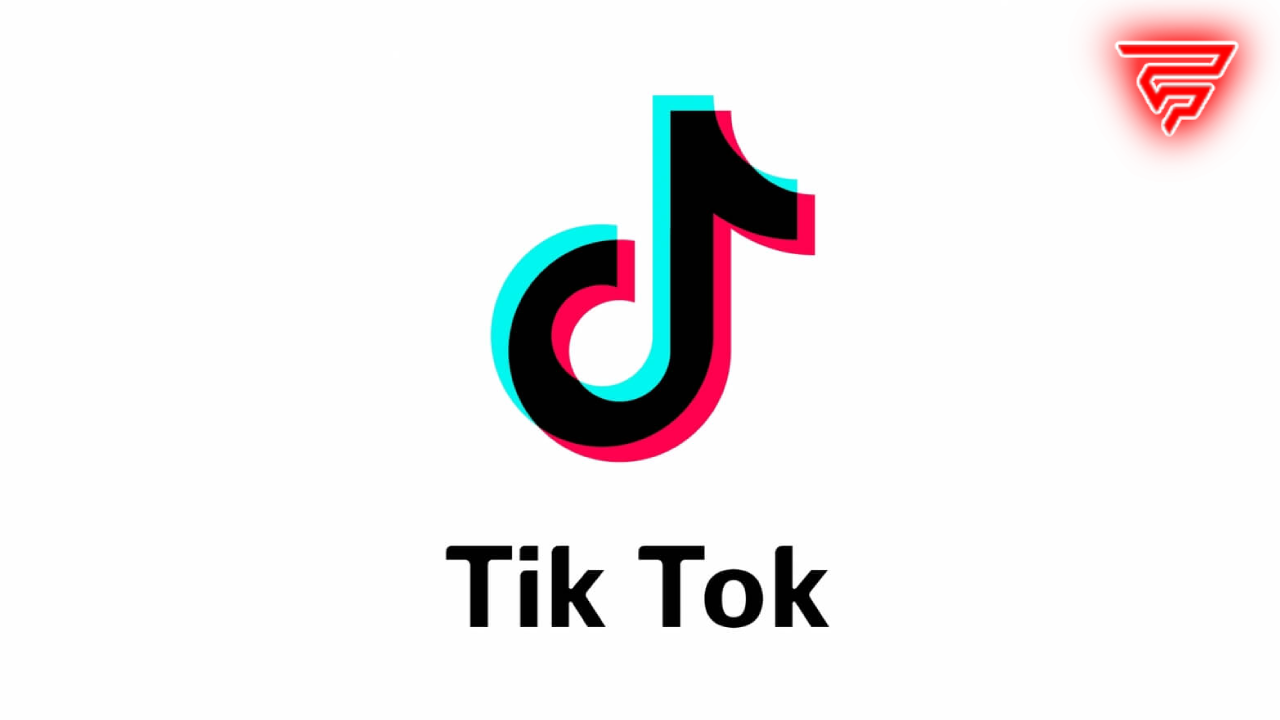The popular social media platform TikTok is being deactivated in Russia. For once, the reason is not sanctions from abroad, but Russia itself. The country has brought out a new law that cracks down on organizations if they spread “fake news.” Fake news can also occur on TikTok, because every user on the platform is allowed to express his or her own opinion and the information is not filtered.
TikTok blocked in Russia
On Sunday, March 6, TikTok announced that the popular platform will no longer exist in Russia. TikTok has taken social media by storm around the world, but Russian users will no longer be able to watch videos on the platform. The company announced on March 6 that they have no choice and will block both live streaming and new content for Russia “until the impact of this law has been reviewed.”
TikTok added, however, that in-app messaging will remain active, meaning people can still write private messages to each other. “We will continue to assess the evolving circumstances in Russia to determine when we can fully resume our services, with security as our top priority,” TikTok added.
1/ TikTok is an outlet for creativity and entertainment that can provide a source of relief and human connection during a time of war when people are facing immense tragedy and isolation. However, the safety of our employees and our users remain our highest priority.
— TikTokComms (@TikTokComms) March 6, 2022
This new “anti-fake news law” in Russia includes prison sentences of up to 15 years for organizations deemed to be spreading “fake news.” By these organizations, both news sites and social media sites are meant. In another statement posted on the TikTok website, the company said it was aware of the “increased risk and impact of misleading information in times of crisis.”
Social media in times of war
Right now, social media is invaluable to many people and a place to search for information. In the wake of the Ukraine conflict, news, including via social media, has become essential for many people. Many refugees from Ukraine have used social media to learn about the current situation and plan their next steps.
Other people have been able to stay in touch with their families and friends, whether in Russia, Ukraine, or elsewhere in the world. Although social media has the great advantage of allowing many people to report live and on the ground and thus be close to the truth, there are just as many reporters on social media spreading false information.
3/ We will continue to evaluate the evolving circumstances in Russia to determine when we might fully resume our services with safety as our top priority. More about our ongoing efforts here: https://t.co/Whwn5KwXmj
— TikTokComms (@TikTokComms) March 6, 2022
TikTok also explained that they hope to find a middle ground between allowing people to present themselves, while at the same time not allowing anyone to be harmed by false information. Quite a balancing act, as no one has yet managed to block fake news without simultaneously restricting free speech.
In an age where there is masses of information online, it is also not easy to filter what is real and what is fake news. This affects both the websites and the individual users, i.e. you. As always, we’ll keep you posted on any further intricacies of the conflict with the online world!







